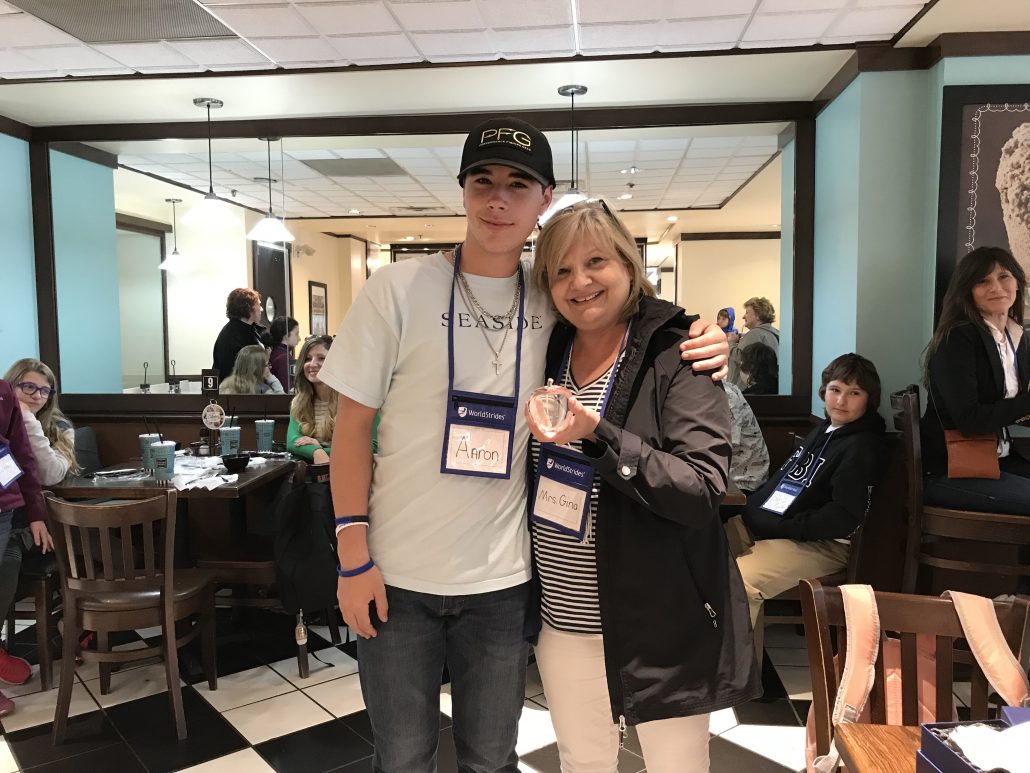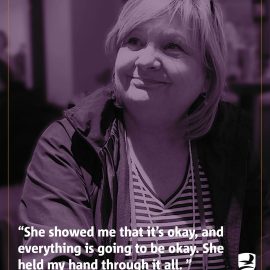Teacher of the Year
How Travel Boosts Student Confidence
For decades, I did my best to teach students with dyslexia and other learning difficulties as they struggled in a traditional academic setting. But the barriers they faced in a traditional school setting were often too much to overcome. Year after year, students came into my first-grade classroom far below grade level, and those same students would continue to struggle long after they left my class. Most of them never realized just what they were capable of, and many never graduated.
The system was failing them — but it was obvious these students were bright and creative, harbouring limitless untapped potential. I became convinced that these students could succeed, if only they had access to a learning environment that met their needs. So, six years ago, I founded Bright Beginnings, a school designed for students with dyslexia. The change in these students has been remarkable.
Our school focuses not just on learning outcomes for our more than 50 students, but on building the confidence and self-esteem they need to persist through life’s challenges. From learning to read to navigating a career path, we focus on helping our students understand and build their untapped strengths as learners. As it turns out, one of our biggest confidence boosters came from outside the classroom: a recent trip we took to Washington, DC.
Building a student’s self-esteem is a vital aspect of enabling their learning. Child psychologist Dr. Richard Selznick describes a child’s confidence in the classroom as “emotional fuel.” A child who experiences positive experiences in the classroom slowly builds up a full tank of this fuel, providing them with the confidence they need to keep thriving. For students who consistently struggle, the opposite is true. Each negative experience slowly empties their tank of emotional fuel. It is a devastating cycle that, over time, leads students to shut down.
Students with dyslexia and other learning disabilities graduate at lower rates than their peers, and they have higher rates of suspension and absenteeism. Many of our students come to Bright Beginnings believing they are failures; they are shut-down learners who have trouble engaging with their learning and the world around them. The work we do every day in our school is aimed at rebuilding student’s confidence — at refilling their tank of emotional fuel. Few of our tactics proved as successful, however, as our students’ recent travel experience.
Traveling to Washington, DC, last school year had a truly transformative impact. Educational travel allows students to leave their comfort zone while knowing they are still supported by their teachers and classmates. It allows them to gain independence, exploring new places far from home and their families, and communicating with new people — from tour guides to historians — who see them as the bright, eager-to-learn students they are.
Our trip to the nation’s capital helped our students connect their learning to real people and places, explore their independence, and — perhaps most importantly — gain confidence in their ability to engage with the world around them. During our trip, we walked the halls of the White House, explored the Smithsonian museums, and visited locations where some of our nation’s most important historical events took place. For many of our students, however, the most remarkable part of the trip was our visit to the Albert Einstein Memorial. There, they witnessed a celebration of the life and accomplishments of a genius who many believe may have had dyslexia or experienced other learning challenges.
Our students start the new school year having grown two feet taller, largely due to their travel experience. They hold their heads higher, and they are more eager to learn than ever. They are more confident, engaged learners — with a fuller tank of emotional fuel that allows them to see how strong they really are. And they are ready for their next learning adventure. As principals and teachers return to the classroom this month, I encourage you to ask yourself: what unexpected experience might give my students the confidence they need to succeed this year?
Related Articles

The 2024 WorldStrides Student Photo & Video Contest Gallery
For decades, I did my best to teach students with dyslexia and other learning difficulties as they struggled in a traditional academic setting. But the barriers they faced in a traditional school sett...
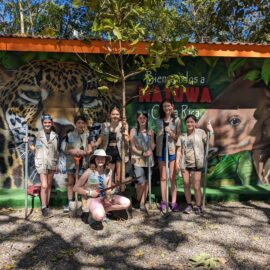
Girl Scouts: Costa Rica Tour
For decades, I did my best to teach students with dyslexia and other learning difficulties as they struggled in a traditional academic setting. But the barriers they faced in a traditional school sett...
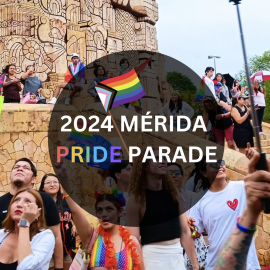
2024 Mérida Pride Parade
For decades, I did my best to teach students with dyslexia and other learning difficulties as they struggled in a traditional academic setting. But the barriers they faced in a traditional school sett...
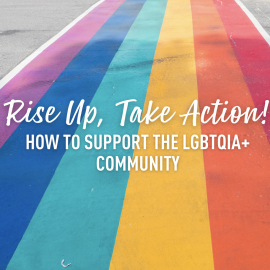
Rise Up, Take Action: How to Support the LGBTQIA+ Community
For decades, I did my best to teach students with dyslexia and other learning difficulties as they struggled in a traditional academic setting. But the barriers they faced in a traditional school sett...

